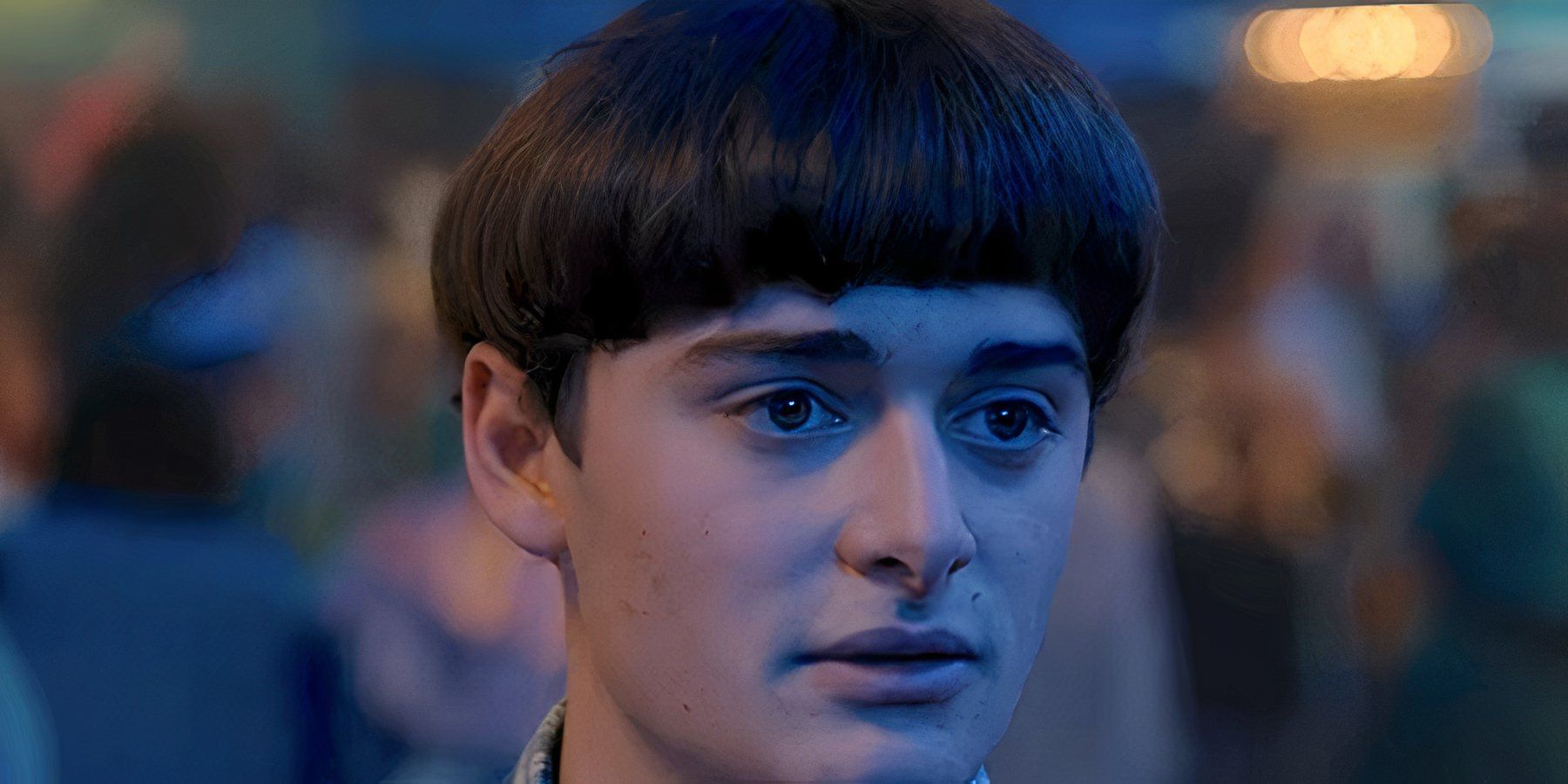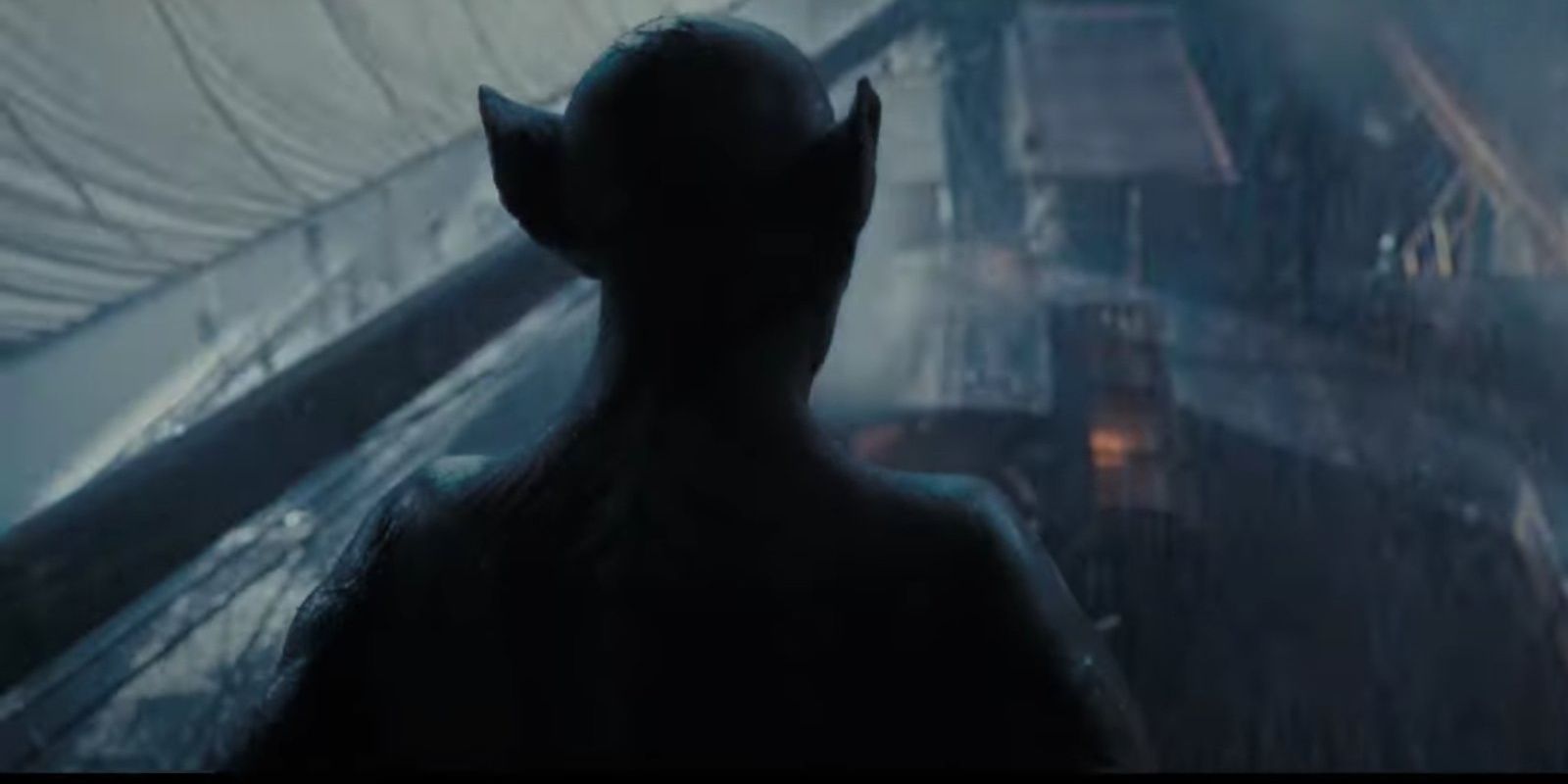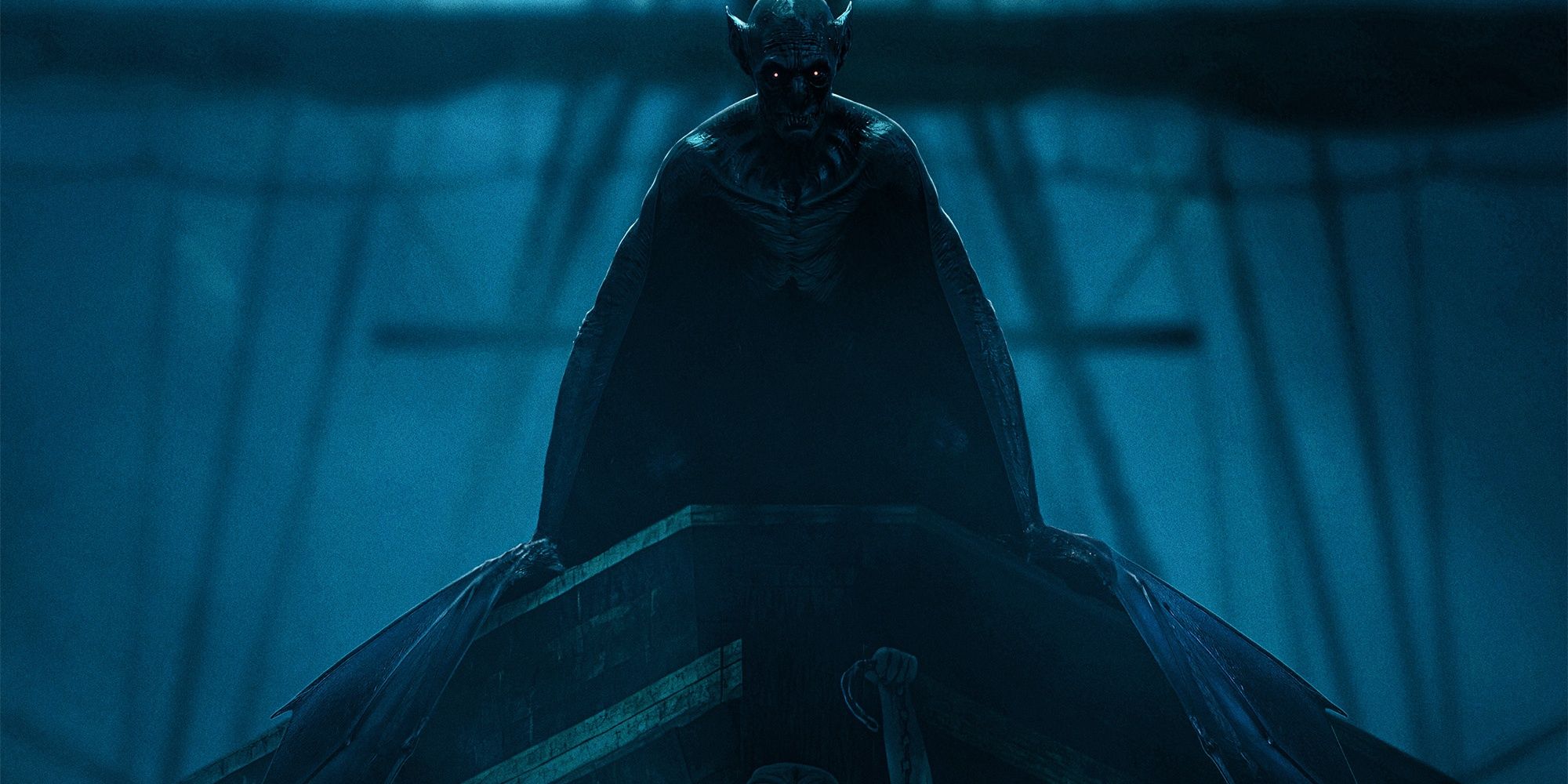The Last Voyage of the Demeter has one of the great horror premises of the modern era. Screenwriters Bragi F. Schut Jr. and Zak Olkewicz happened upon the seventh chapter of Bram Stoker's Dracula and devised a claustrophobic horror film around it. The idea works, but the execution borrows too much from its peers. Anyone enchanted by the elevator pitch will have fun with the film, but it's severely lacking bite.
The production of The Last Voyage of the Demeter was as long and punishing of a journey as the titular voyage. Schut Jr. devised the basic premise around twenty years ago. It sat in development hell, enduring non-stop rewrites, new stars, and proposed directors. André Øvredal of Trollhunter, The Autopsy of Jane Doe, and Scary Stories to Tell in the Dark fame appears to be one of the most intriguing directors in the horror space, but his personality can't shine through here.
The title and first five minutes of The Last Voyage of the Demeter spoil its ending. It's an adaptation of the aforementioned chapter of Bram Stoker's Opus that changes the details of the plot while diligently maintaining some lines of text. The Demeter, a Russian schooner, is offered a large sum of money to ferry a cluster of unmarked crates across the sea from Romania to England. Captain Elliot assembles his usual crew and hires Clemens, an educated doctor who seeks passage and employment. As the sailors go about their business, strange occurrences trouble their journey. Before long, they discover signs of a monster aboard the vessel. It's a tense, claustrophobic horror film that, unfortunately, refuses to escape its inspirations.
The similarities between Demeter and Ridley Scott's Alien cannot be overstated. Schut Jr. stated in an interview that he intended to write a riff on the space horror classic and stumbled onto Dracula as his inspiration. The project was an Alien pastiche, first and foremost. The connection is bone-deep. Demeter follows a crew of working-class everymen tasked with transporting cargo across a hostile environment. They discover a dangerous being aboard their vessel and gradually realize its presence is no accident. Demetertakes Alien's gothic horror elements and attempts to crank them up using the genre's foundational text. It couldn't be more transparent if the poster proclaimed, "At sea, no one can hear you scream." Noticing the connections between two of the most influential works in horror history is enough to get a film made, but every other aspect of its execution seems borrowed as well.
The problem with Last Voyage of the Demeter is that it seems afraid to go too far in any one direction. It has elements of Øvredal's other projects without anything to back them up. There are some vague nods toward social commentary, but the story doesn't seem to have anything to say about the issues it addresses. The film's take on Dracula is monstrous. He's a bat monster with around six lines of dialogue. That creative choice gives his brutal kills the feel of an old Hammer Horror movie, but the period setting remains resolutely resistant to comedy. Leaning into the action behind sailing across the open sea could've added natural tension, but the issue of a dwindling crew is only briefly mentioned. This project had seven or eight contributing screenwriters. It's hard to believe that the two decades spent on the operating table wouldn't leave it an unfocused mess. It's a shame that fans will never see the version of this script written so long ago.
Demeter does have its upsides. The cast is excellent. Corey Hawkins brings pathos and sympathy to Clemens. Liam Cunningham was evidently born to play sailors, and he has one of the finest voices in the industry. Respected character actor David Dastmalchian is solid in his secondary role. Javier Botet continues his streak of masterful monster performances by taking on Dracula. Bear McCreary's soundtrack fits the theme well with a couple of fascinating musical choices. The draw of The Last Voyage of the Demeter is the premise. It's Dracula on a boat picking off sailors one by one. Anyone attending a screening for that experience will come away with exactly what they expected. It's just a shame the project couldn't be something more.
The Last Voyage of the Demeter is ultimately somewhat disappointing. Another excellent premise gives way to repetitive jump scares and dull gore. There's fun to be had on the high seas, the vampire attacks will remain somewhat engaging, and the pitch remains engaging. It's easy to imagine a director's cut of this film finding its way onto shelves sometime next year and revolutionizing its cultural appeal. The Last Voyage of the Demeter won't capture the attention of the fickle late-summer audience. It's not likely to stick in the memory for long. It could become a hit among Dracula fans, but like the chapter that inspired it, The Last Voyage of the Demeter seems destined to be drowned out.
The Last Voyage of The Demeter






